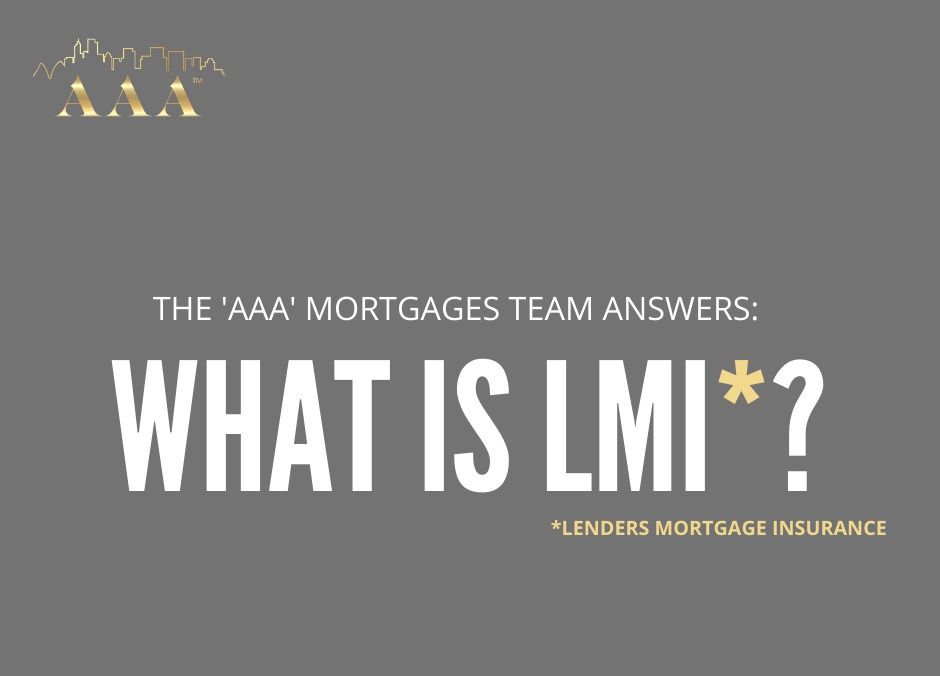
Lenders Mortgage Insurance (LMI) is a kind of one-off insurance payable to your lender that is added to your home loan. How much you will pay is calculated off the size of your deposit, along with the amount you borrow. Ultimately, the larger your deposit, the lower your LMI will be - this is because LMI protects the bank against any loss they may suffer if you are unable to pay your loan - so if your deposit is bigger, its less risky for the bank, therefore LMI does down.
When do you need LMI?
LMI is added as an expense where your deposit on a loan is less than 20% of the property cost. For example, if you're buying a property for $500,000, this would require a 20% deposit of $100,000 to avoid having to pay LMI. If however you've only saved up $50,000, and your income is sufficient to support the loan, you can pay LMI and borrow $450,000.
Some Benefits of LMI
Although its an expense, paying LMI means you're able to enter the property market sooner, which is what it was designed for. Owning a home is a lifelong aspiration for many people, and LMI helps people achieve this bringing the 'saving finish line' a little closer, meaning you can buy a home with a 5% or 10% deposit rather than the full 20%.
How to Reduce or Avoid LMI
The most obvious way to avoid LMI is to save 20% of your property cost. If you don't have the money on your own, is there a family member you could borrow from? If not, consider if you are buying within your means; sincerely ask yourself what you can afford. If this isn't feasible for you, talk to a professional about the LMI rates that are out there; different lenders have varying rates so shopping around means you could pay less.
Any further questions? Contact us via email or phone today, or book a consultation here!

Comments